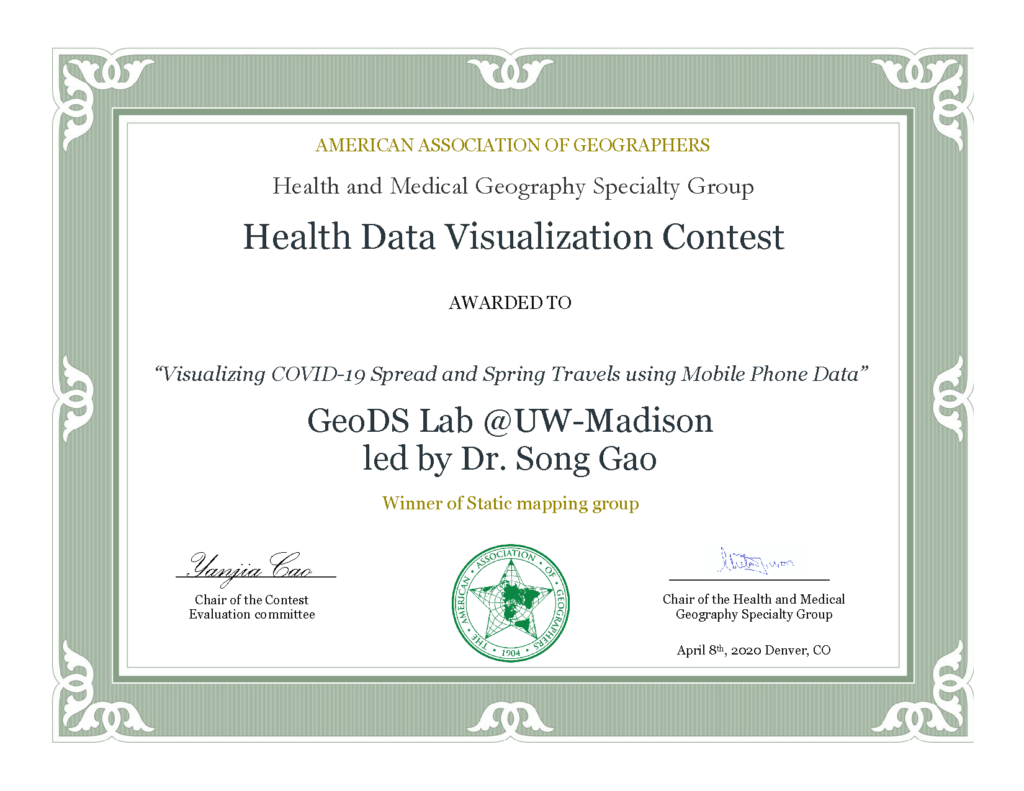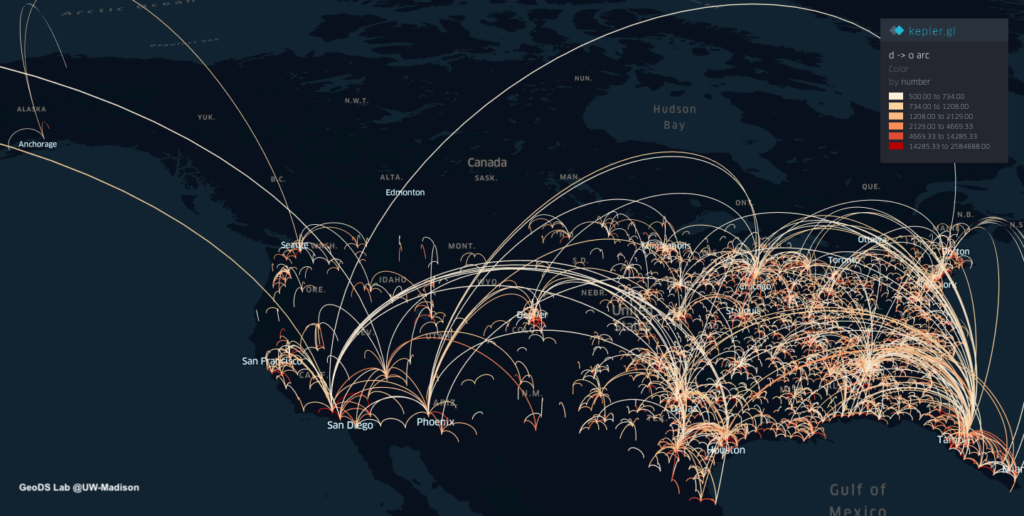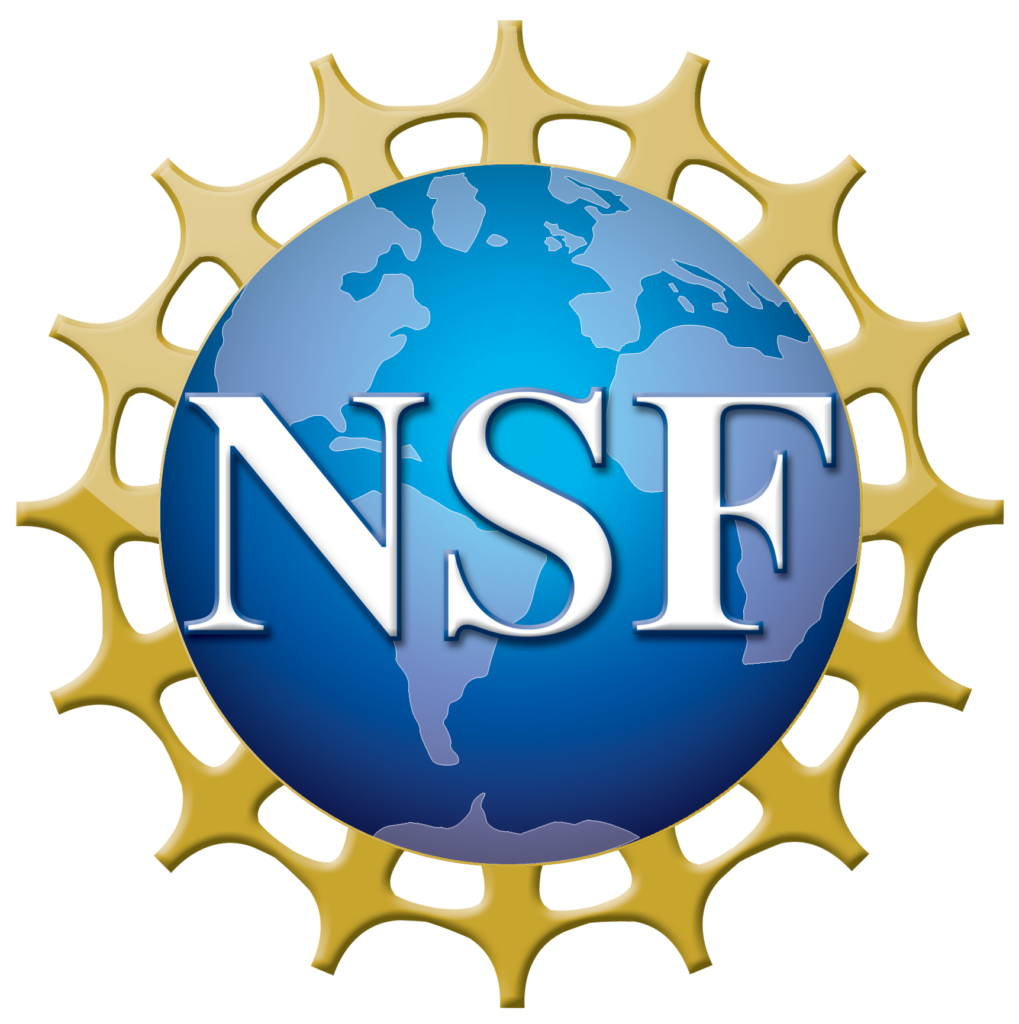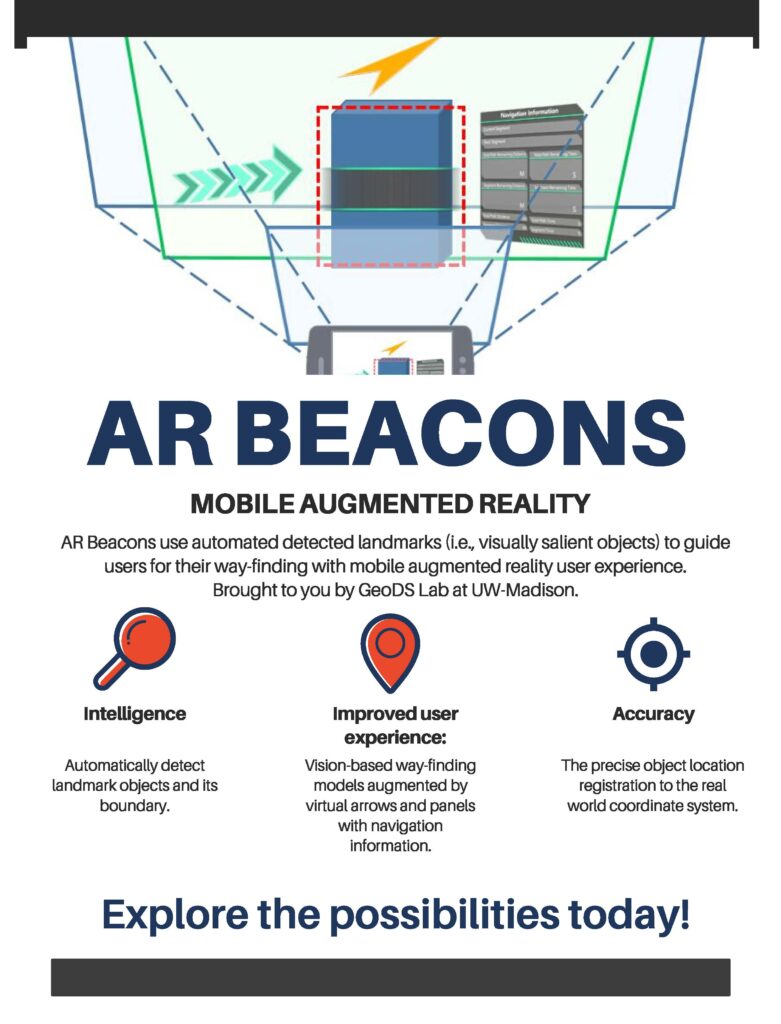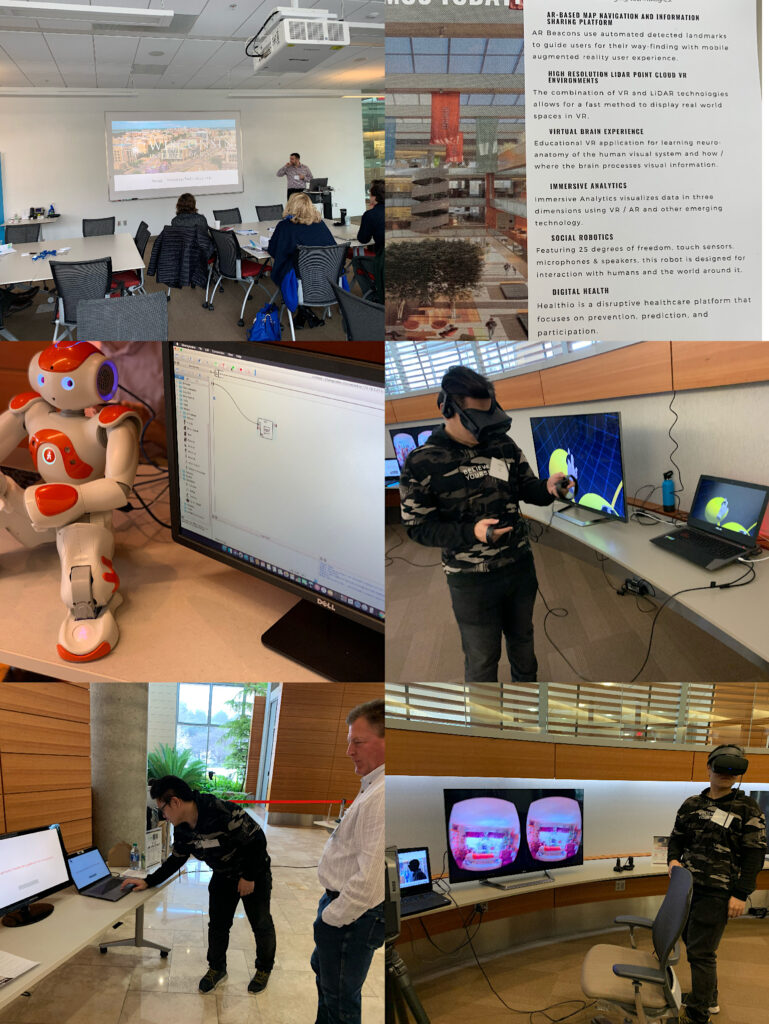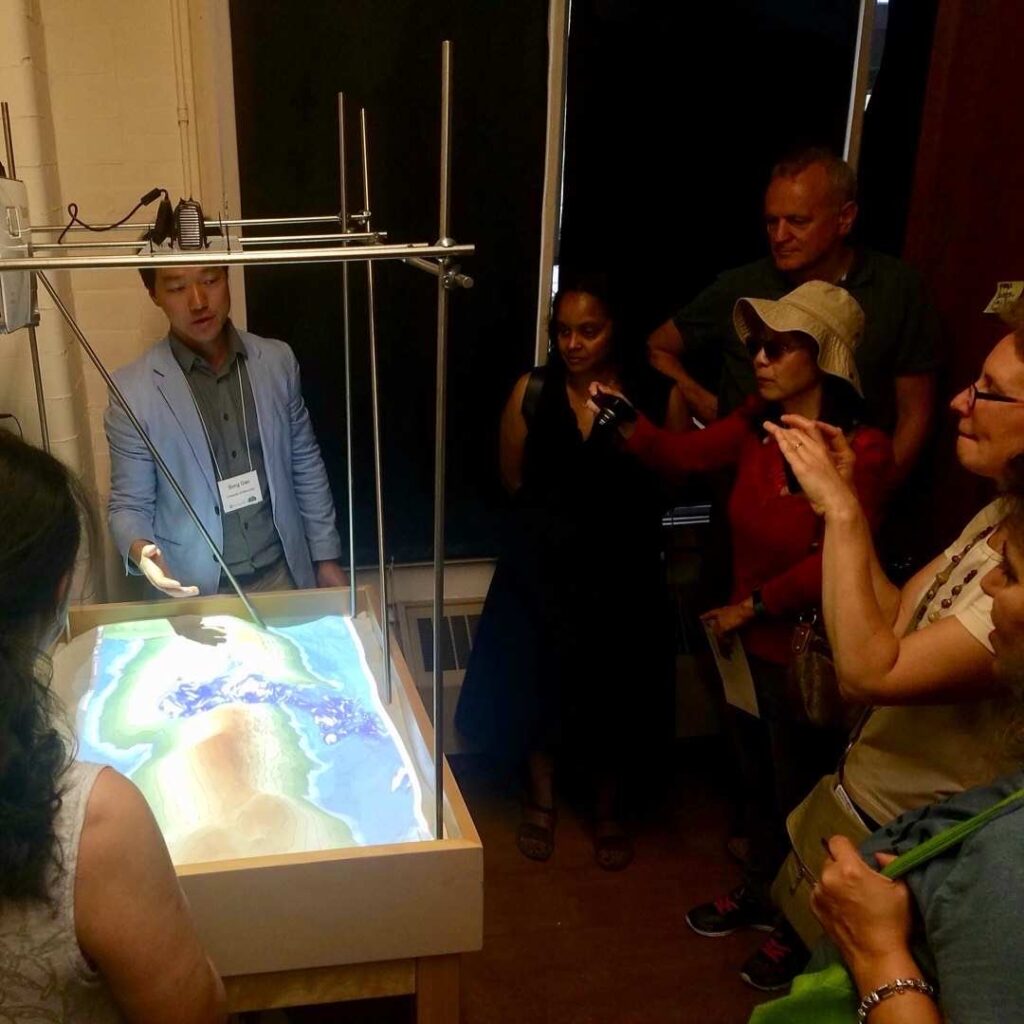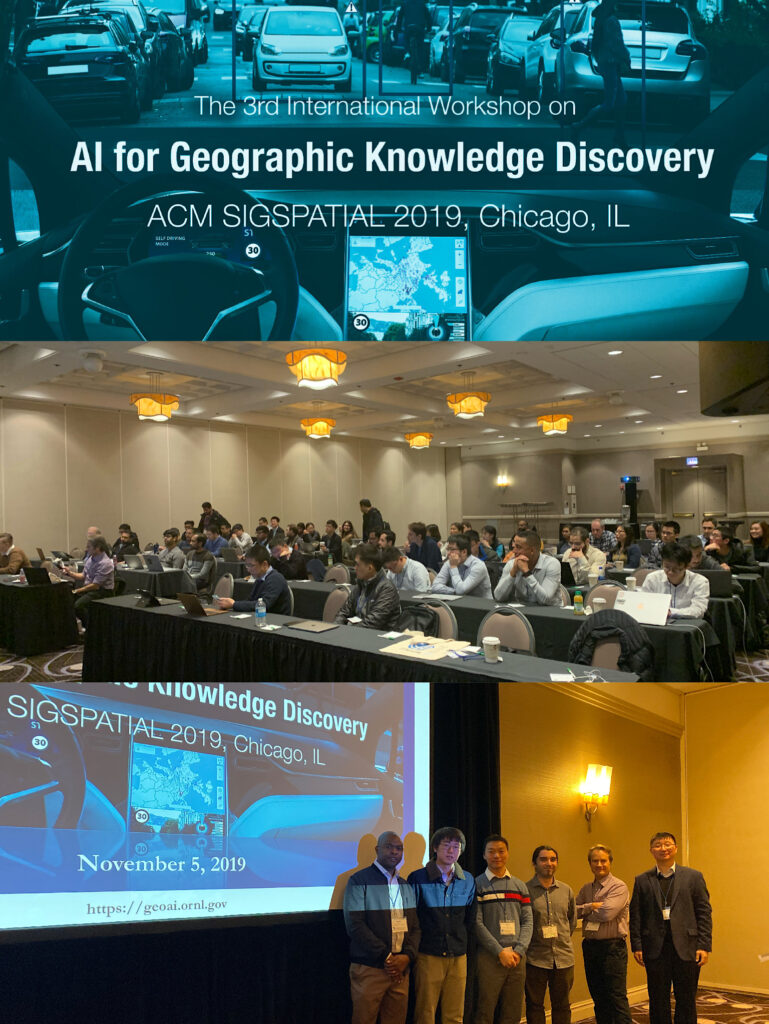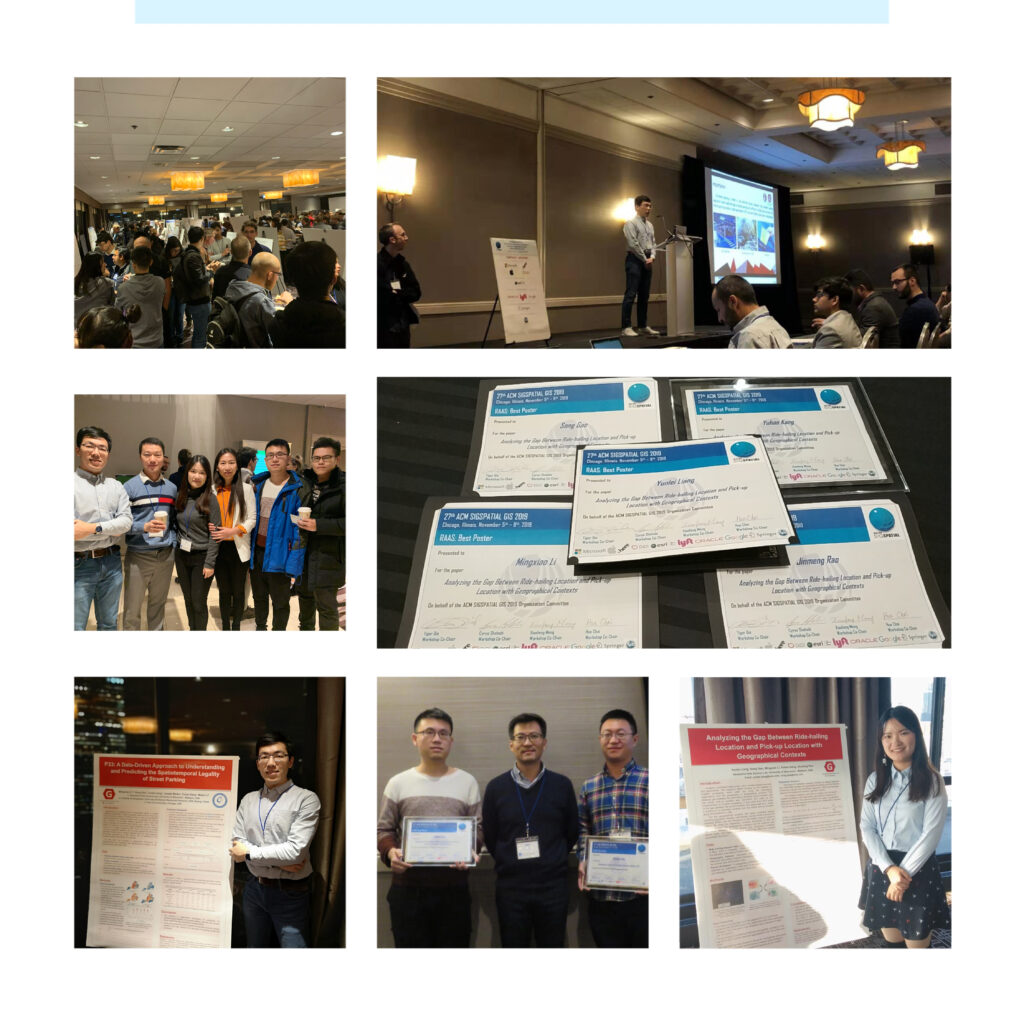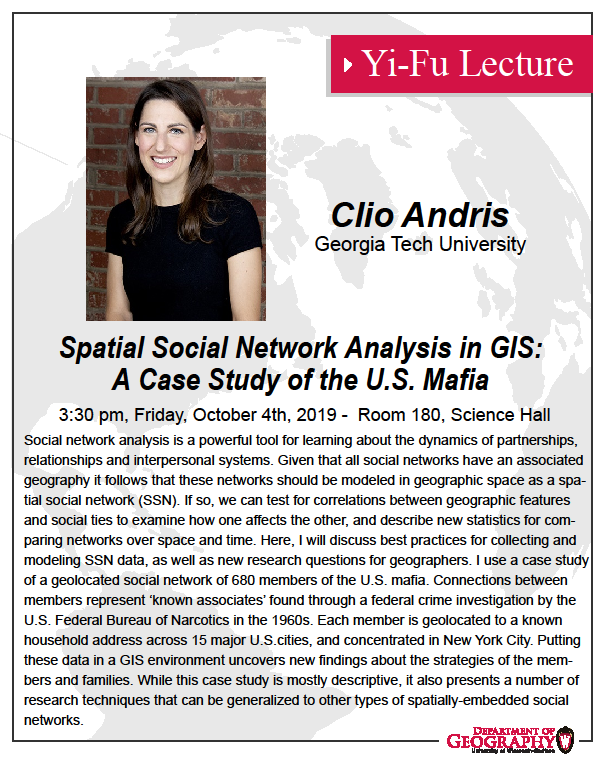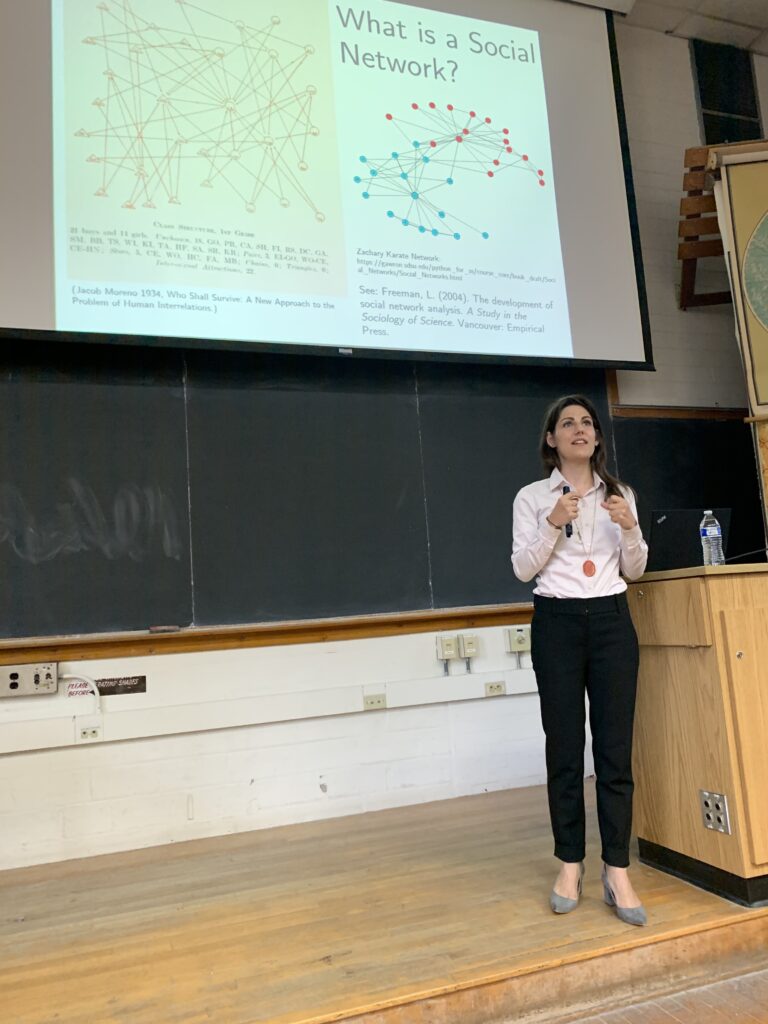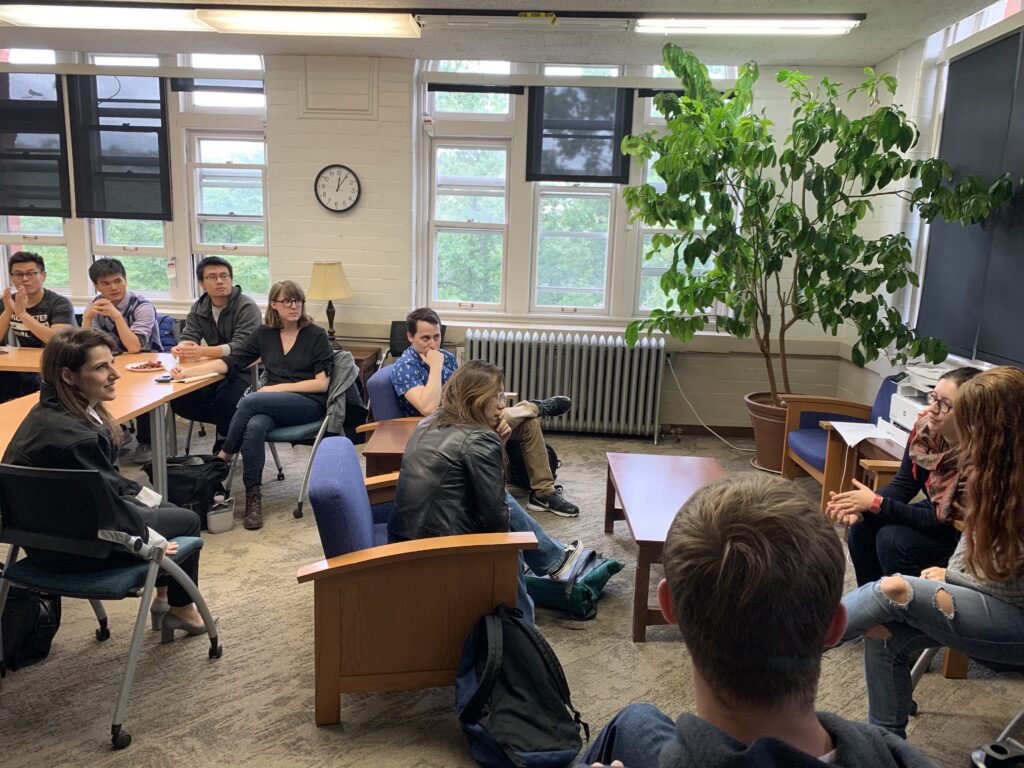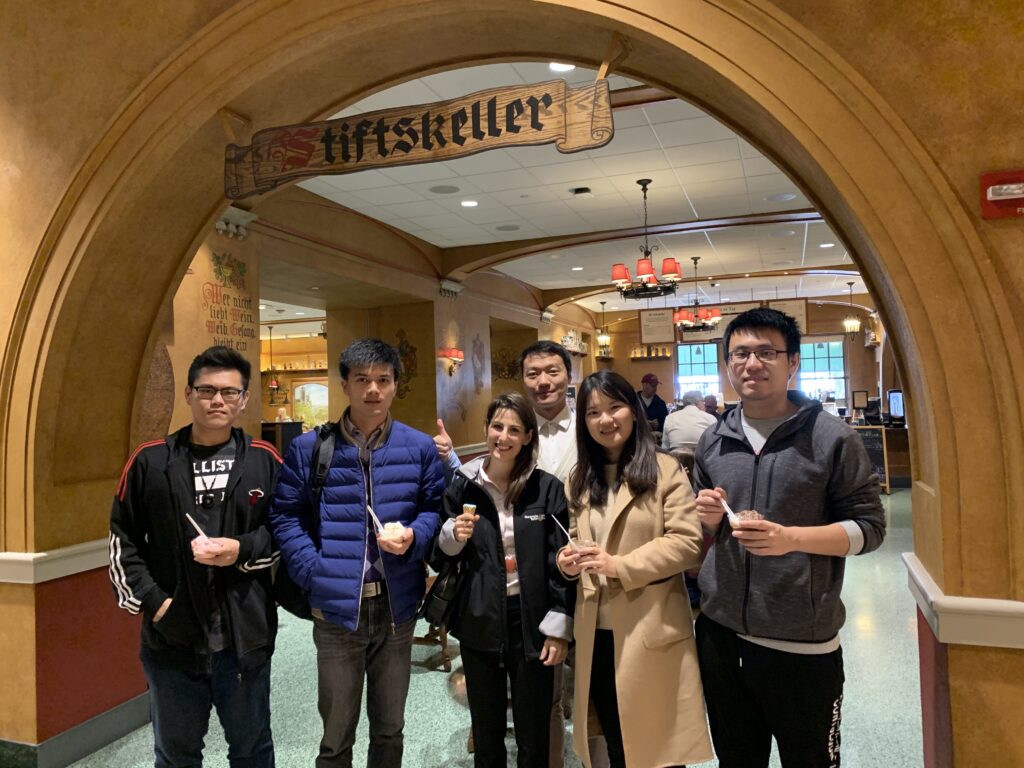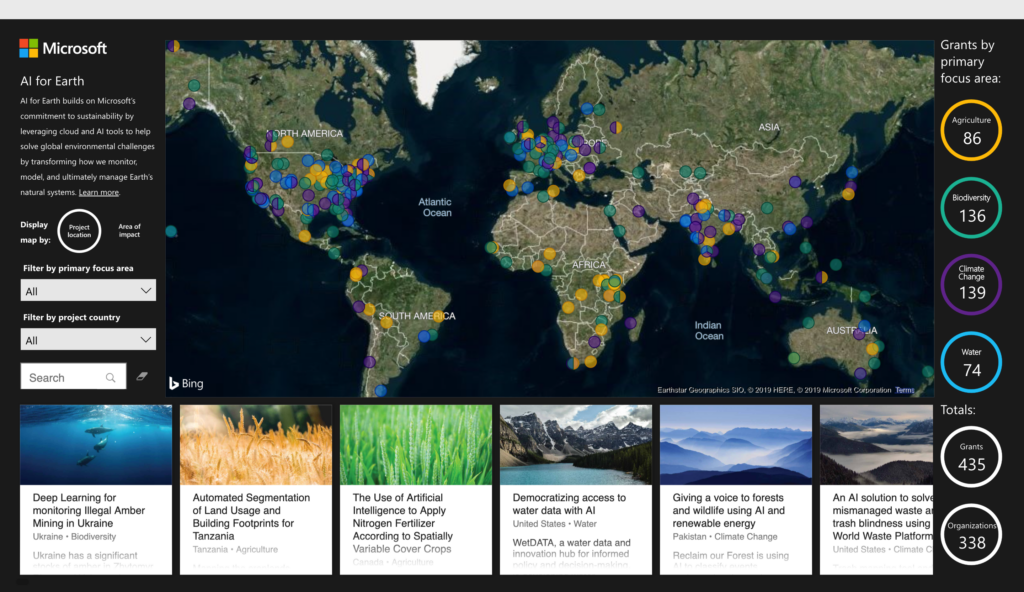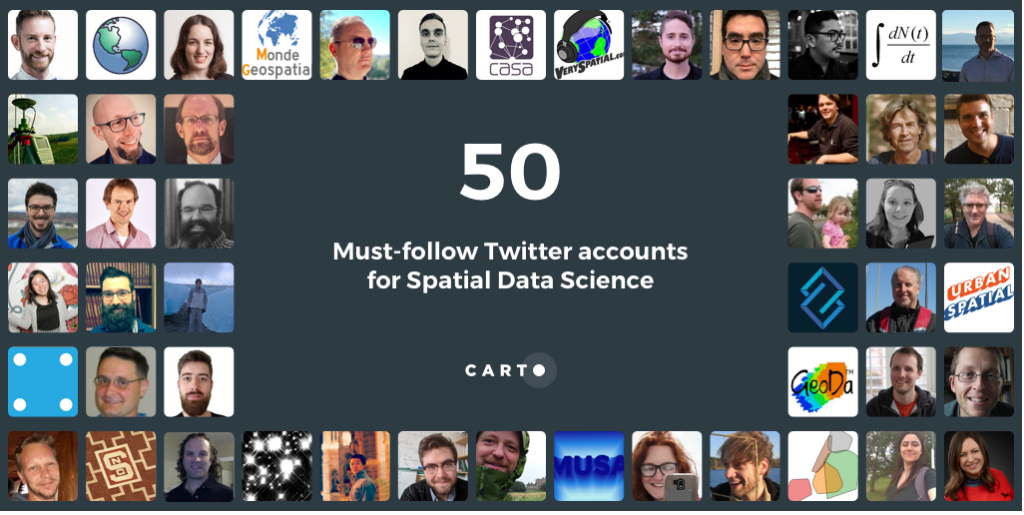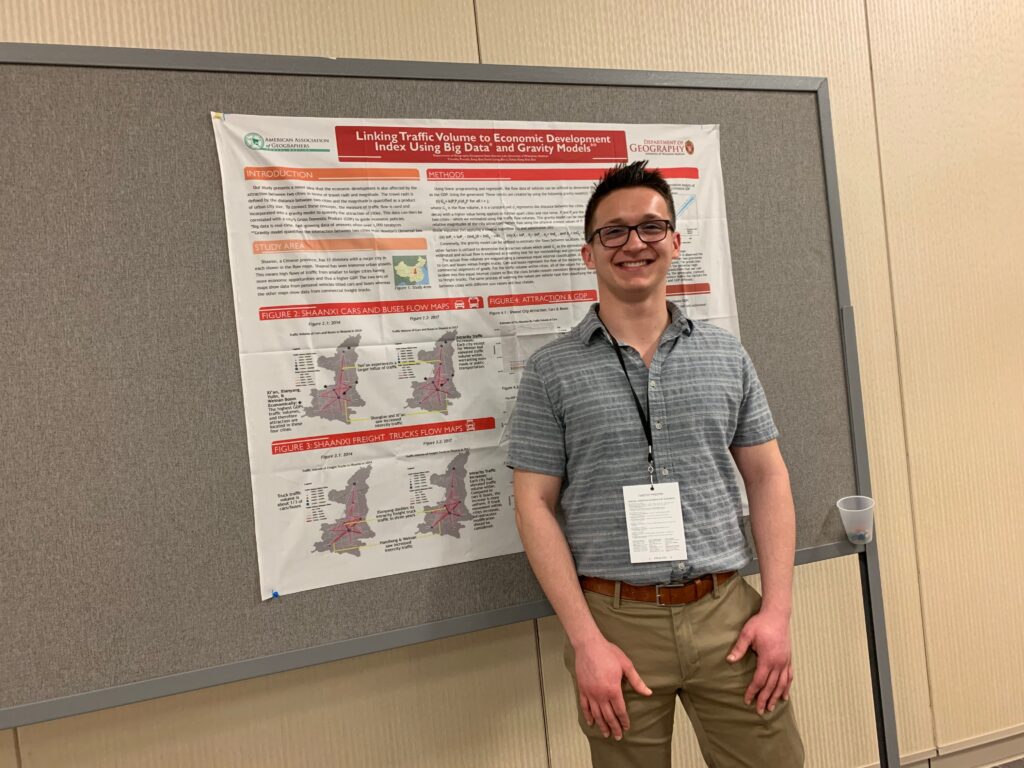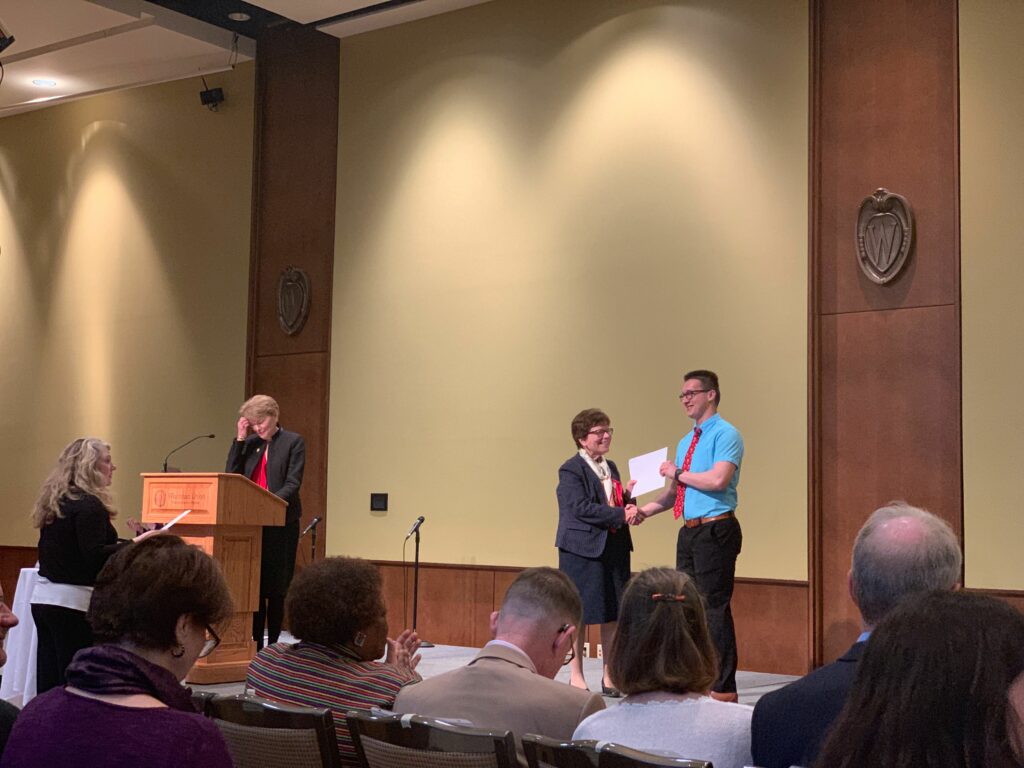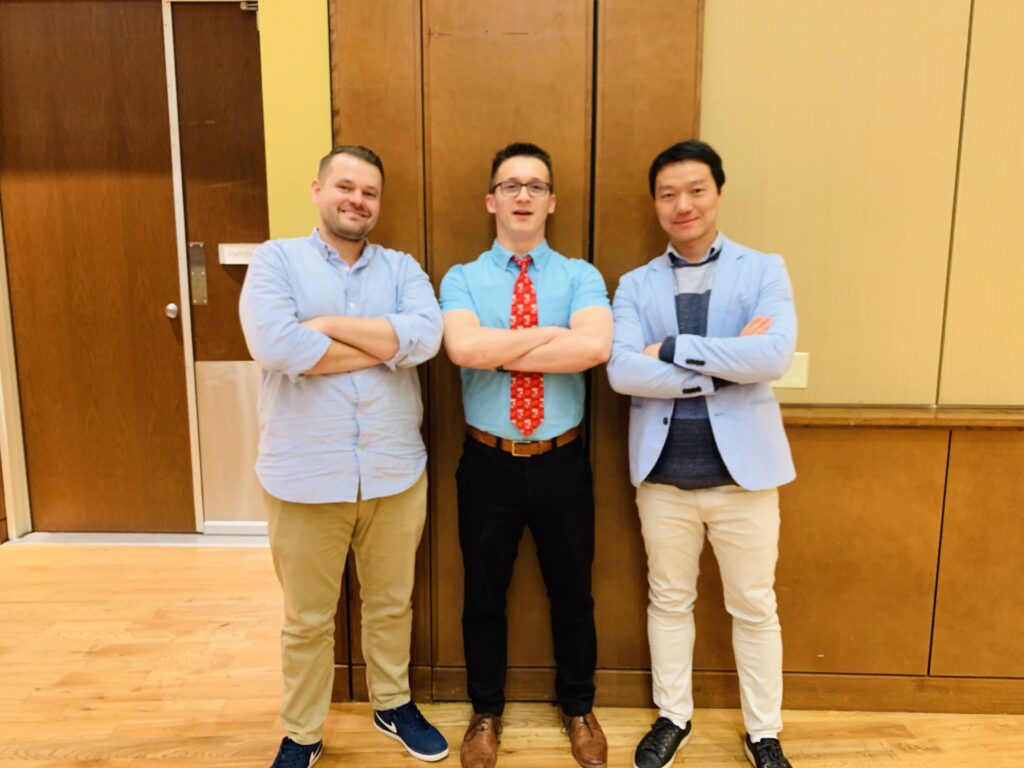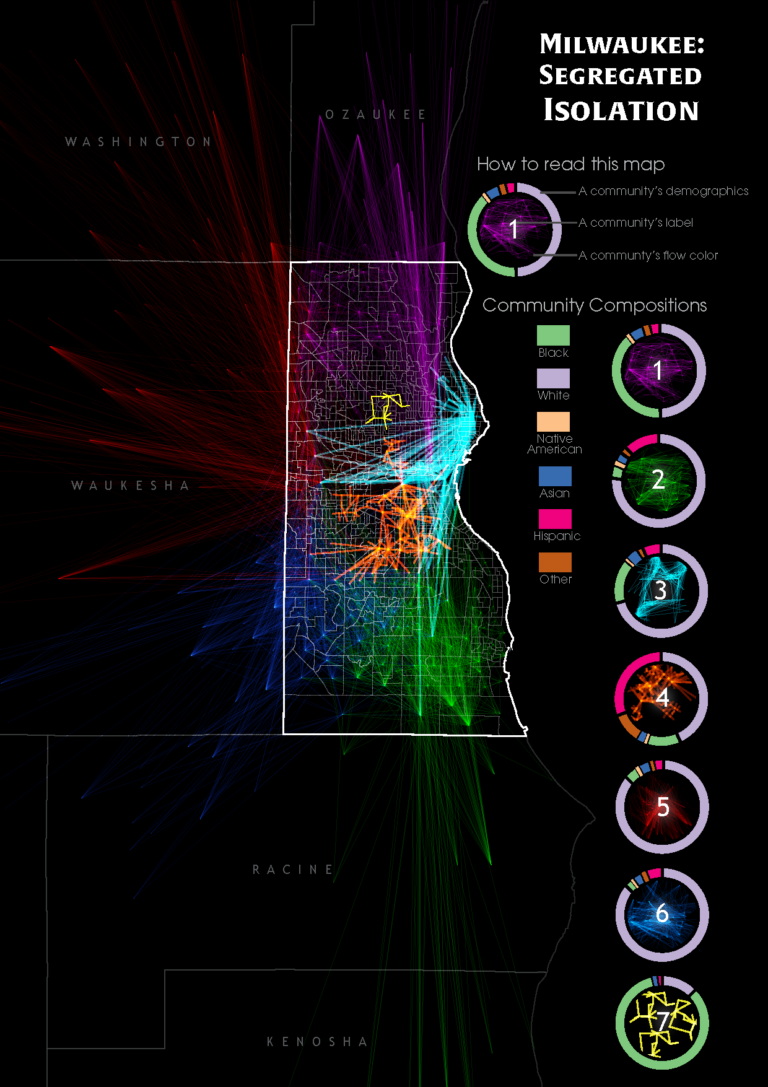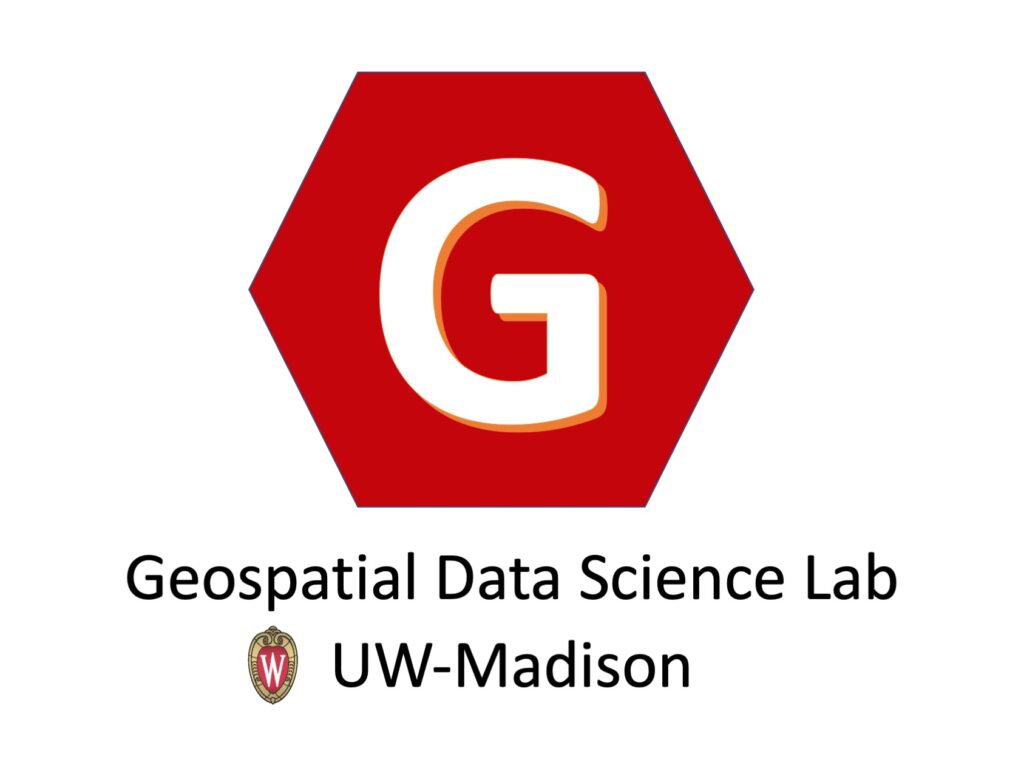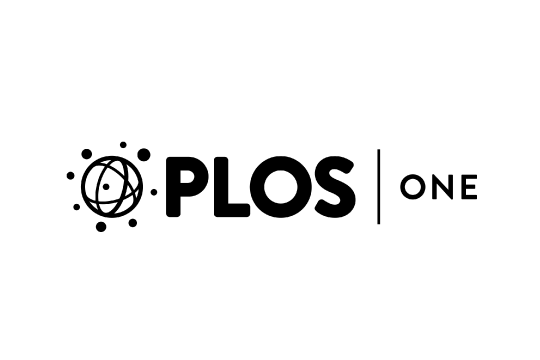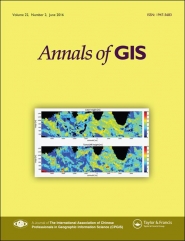11th International Conference on Geographic Information Science (GIScience 2020)
http://www.giscience.org
Poznań, Poland, 15-18 September, 2020
The 11th International Conference on Geographic Information Science will be held in Poznań, Poland, 15-18 September 2020. Hosted by Adam Mickiewicz University, GIScience 2020 continues the long tradition of the series as a flagship conference for researchers in geographic information science and related disciplines that are interested in spatial and temporal information.
The biennial conference series typically attracts over 300 international participants from academia, industry, and government to advance the state-of-the-art in geographic information science. The first conference day (September 15, 2020) will be dedicated to workshops and tutorials, while the main conference will be taking place on September 16-18, 2020. The conference offers two separate paper tracks, one for full papers and the other for short papers, both of which will undergo full peer-review. Authors of accepted papers will be given the opportunity to present their work at the conference in an oral presentation or as a poster.
The GIScience conference series is deeply interdisciplinary with contributions frequently involving domains such as geography, earth science, cognitive science, information science, computer science, linguistics, mathematics, philosophy, life sciences, and social science. It attracts contributions from experts in geo-visualization, geographic information retrieval, geostatistics, geo-semantics, geosimulation, spatial optimization, transportation, computational geometry, and data structures. Topics of interest are not restricted to the geo-spatial realm but involve spatial and temporal information more broadly.
Since 2018, GIScience proceedings are published in LIPIcs, the Leibniz International Proceedings in Informatics series (https://www.dagstuhl.de/en/publications/lipics). LIPIcs volumes are peer-reviewed and published according to the principle of open access, i.e., they are available online and free of charge. Each article is published under a Creative Commons CC BY license (http://creativecommons.org/licenses/by/3.0/), where the authors retain their copyright. Also, each article is assigned a DOI and a URN. The digital archiving of each volume is done in cooperation with the Deutsche Nationalbibliothek/German National Library. A number of other high-standing international conferences have already made the move to LIPIcs.
CONFERENCE TOPICS
Contributions are invited from a wide range of disciplines related to geographic information science, such as geography, earth science, cognitive science, information science, computer science, linguistics, mathematics, philosophy, life sciences, and social science. Topics of interest include (but are not limited to):
-
Agent-based modeling
-
Computational geometry
-
Events and processes
-
GeoAI
-
Geo-APIs
-
Geo-knowledge graphs
-
Geo-semantics
-
Geographic information observatories
-
Geographic information retrieval
-
Geosimulation and spatio-temporal modelling
-
Geovisualization and visual analytics
-
High-performance computing algorithms for spatial-temporal data
-
Human-Computer Interaction (with mobile devices)
-
Image classification methods
-
Internet of Things
-
Location privacy
-
Location-Based Services
-
Navigation
-
Replicability and reproducibility in GIScience
-
Scene recognition
-
Sensitivity analysis for spatial-temporal models
-
Spatial and spatio-temporal statistics
-
Spatial and temporal language
-
Spatial aspects of social computing
-
Spatial data infrastructures
-
Spatial data structures and algorithms
-
Spatially-explicit decision support
-
Spatially-explicit machine learning
-
Standardization and interoperability
-
Time series analysis
-
Trajectory and movement analysis
-
Uncertainty quantification and error propagation
-
Virtual reality
INFORMATION FOR AUTHORS
Full Paper Track
Full research papers will be thoroughly reviewed by at least three members of the international program committee. For this edition of the GIScience series, we will include an optional rebuttal phase during which authors can respond to the (initial) reviews. The rebuttal phase provides an opportunity to address misunderstandings, answer questions, or provide further details on issues that remained unclear to the reviewers. The reviewers will be able to react to these rebuttals by adjusting their review scores, if appropriate. Review criteria include novelty, significance of results as compared to previous work, the quality of the presented evaluations (if applicable), the clarity of the research statement, as well as the quality of writing and supporting illustrations. High-quality submissions will be accepted for presentation at the conference and published in LIPIcs, the Leibniz International Proceedings in Informatics series. Manuscripts must describe original work that has neither been published before, nor is currently under review elsewhere. Papers must be written in English and should not exceed fifteen pages (including title, figures, and references) in the required layout (see below).
Short Paper Track
Short papers can report on the latest breaking results, present visions for the future of the field, or describe early work and experiments, as well as novel application areas. Short papers will also be reviewed by at least three reviewers. Review criteria include novelty, expected impact of early results, evaluation or evaluation plans for the future, plausibility of presented visions, as well as the quality of writing and supporting illustrations. Accepted papers in this track will be selected for either oral or poster presentations. Short papers must be written in English and should not exceed six pages (including title, figures, and references) in the requested LIPIcs layout. In addition, each submission must include Short Paper as a subtitle.
The submission Web page for both tracks of GIScience 2020 is: https://easychair.org/conferences/?conf=giscience2020.
IMPORTANT DATES
-
FULL PAPER TRACK
-
Full paper submissions: March 16, 2020
-
Full paper rebuttal phase: April 24-30, 2020
-
Full paper notification: May 15, 2020
-
Camera-ready papers: June 1, 2020
-
Full paper author registration deadline: June 1, 2020
-
SHORT PAPER TRACK
-
Short paper submission: May 25, 2020
-
Short paper notification: July 3, 2020
-
Camera-ready papers: July 15, 2020
-
Short paper author registration deadline: July 15, 2020
FORMATTING INSTRUCTIONS (all tracks)
The layout of any PDF submission to GIScience, whether full paper or short paper, should follow the 2019 template provided by LIPIcs (http://drops.dagstuhl.de/styles/lipics-v2019/lipics-v2019-authors.tgz). LIPIcs also provides a LaTeX class and template for papers. Authors unfamiliar with LaTeX, but keen to try, are highly encouraged to use Overleaf (http://www.overleaf.com), an online LaTeX editor that is easy to use and does not require any local installation. Overleaf comes with the LIPIcs class and template pre-loaded. Authors who want to use other word processors or text editors should stay close to the sample article’s layout for their paper submitted for review. Should their papers be accepted for publication, they will have to be converted to LaTeX using the LIPIcs LaTeX class and template. Authors are responsible for the conversion of their papers to LaTeX. There are also commercial conversion services such as http://wordtolatex.com/upload providing a one-step solution in case you do not want to do the conversion yourself.
